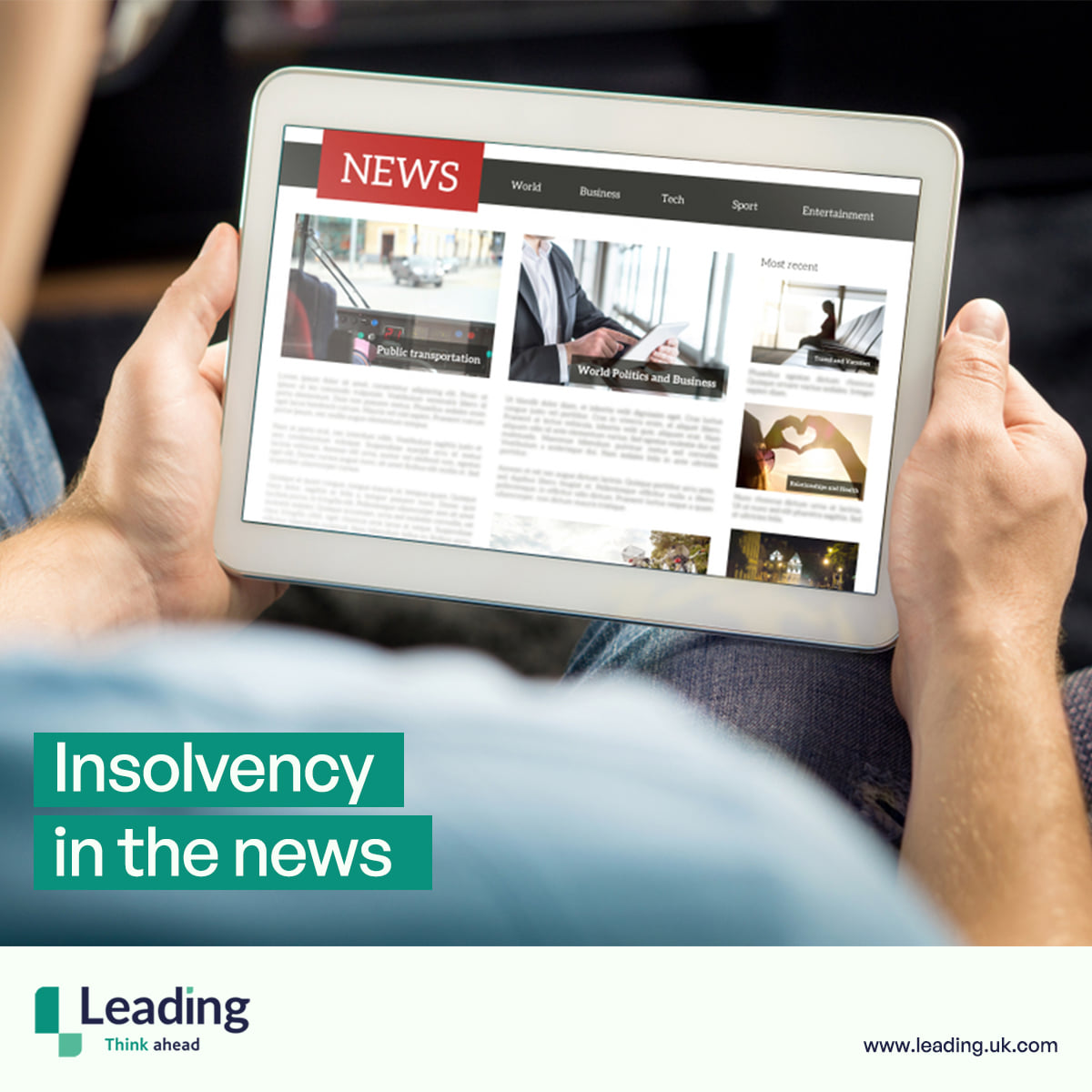Page 17 of 23
What Should I Do If I Have Shares in Companies Which Are Under Liquidation?

If you are an investor with shares in a company, there’s always the possibility that the company may go into liquidation. If the company is solvent and it’s a case of winding up the company because it is no longer needed, or the owners wish to retire and there’s no-one to take over, as a […]
July 7, 2021
Why Would a Company Use Liquidating Dividends?

As a shareholder of a company, you can expect to receive annual dividends. These are a distribution to shareholders of the company’s profit, which are normally paid from the company’s retained earnings. However, as a shareholder you may receive what are known as liquidating dividends. But what are liquidating dividends and when would a company […]
June 30, 2021
What Are the Consequences of Personal Insolvency in England?

In recent years the number of companies facing insolvency has reached levels not seen in three decades. This phenomenon has sparked widespread concern and raised important questions about the underlying factors contributing to this surge. It highlights the need for a deeper understanding of economic challenges, regulatory impacts, and the challenges facing businesses across various […]
June 23, 2021
What Happens After You File for Bankruptcy in the UK as a Firm and as An Individual?

Mention the word bankruptcy and people visibly recoil however, for partnerships and individuals who are struggling with debts in excess of £5,000 it could be the only solution. In January 2021 alone, there were 818 bankruptcies and 1,167 Debt Relief Orders (DRO) – an order that stops your creditors from taking legal action against you. […]
June 16, 2021
What Happens if a Person Claims Insolvency and Does Not Have the Assets to Clear?

It’s hard enough coming to terms with the fact that, as a company, you are struggling with debts and have been classified as insolvent. Usually a Creditors Voluntary Liquidation (CVL) is the right option and if the company has assets it can sell, i.e. machinery, equipment or even premises, they can be sold to pay […]
June 9, 2021
What Happens to the Share Stock When a Company Is Going Into Liquidation?

There’s a reason why people say investing in a company’s share stock is risky and that’s because you may never know when that company could face insolvency, and thereby company liquidation. This is the risk point – as a shareholder, you stand to lose every penny of your investment if the company goes into liquidation. […]
June 2, 2021
What’s the Difference Between a Debt Consolidation Loan and Debt Counselling Services?

Debt consolidation and debt counselling – these two terms can often be misunderstood. In reality, they are different. Debt consolidation is a physical solution to a debt problem, often in the form of a loan. Debt counselling, on the other hand, is a service for individuals, partnerships and businesses struggling with debt and not sure […]
May 26, 2021
Which creditor is exposed to the highest level of risk when lending to a company?

When a creditor lends money to a company, it is taking a risk. Whether the creditor is a bank or other lending institution, a credit card or mortgage provider, bond purchasers or utility companies, or an individual, director or shareholder, lending money is a risky course of action, particularly if the debtor defaults on payments. […]
May 5, 2021
When a privately-held company has no funds legally available to pay a mandatory redemption, do the preferred holders become creditors of the company?

Insolvency for any company is a stressful period. When a private limited company enters into an insolvency situation, the directors are not only responsible to the creditors of the company. They are also responsible to the shareholders. When there are no funds to pay the preferred shareholders when their shares are redeemed, they become creditors […]
April 28, 2021
What is the difference between insolvency and bankruptcy? How do these affect creditors and shareholders of a company?

Insolvency and bankruptcy – it’s confusing to know which applies to your business. Whilst the two are similar, they are also very different and don’t mean the same thing. Insolvency is when a company or an individual can’t pay their debts on time. Bankruptcy is the legal process that follows when an individual has been […]
April 21, 2021
Page 17 of 23
